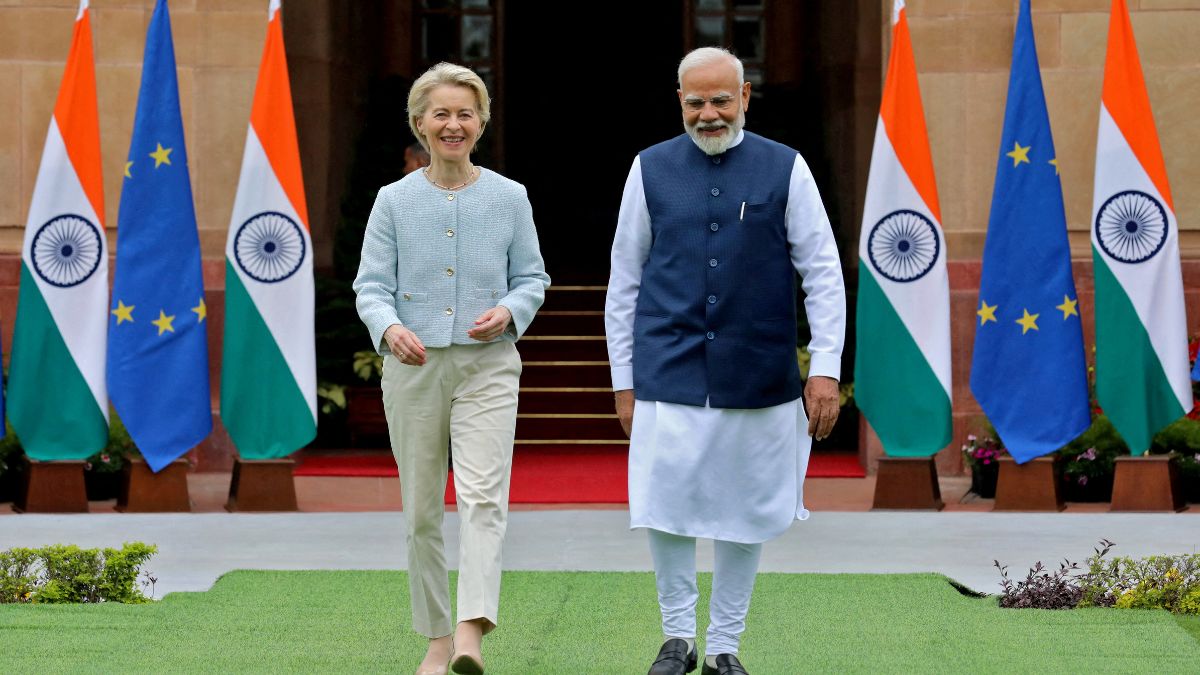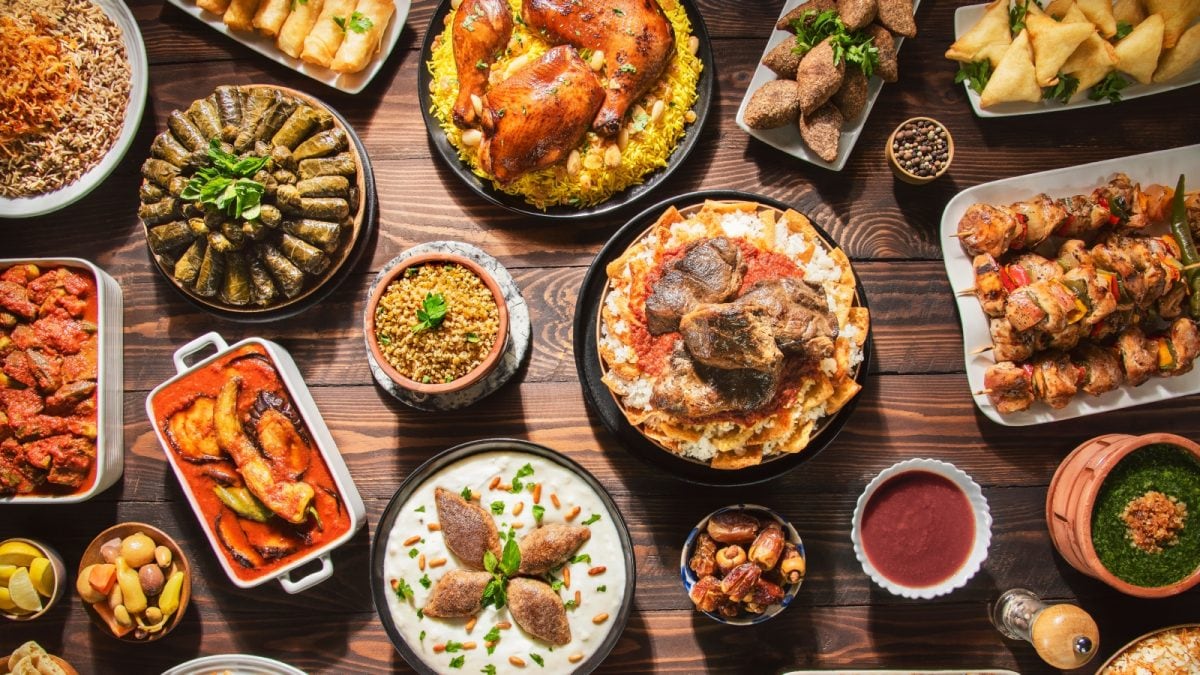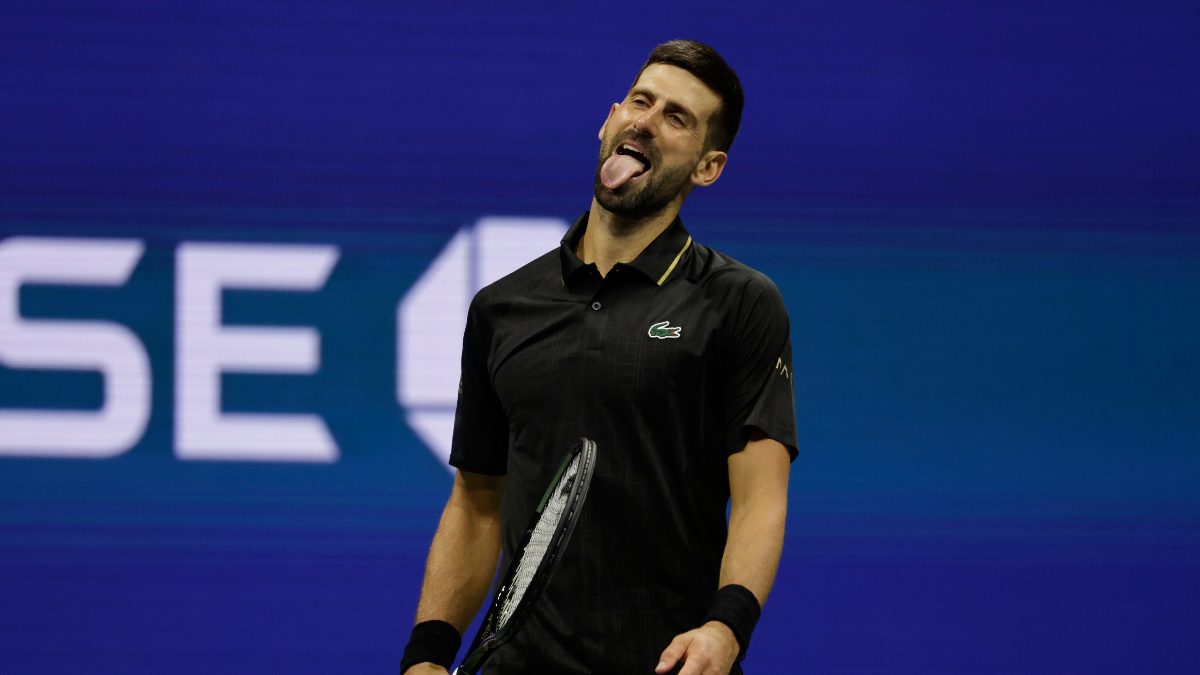Amid turmoil created by US President Donald Trump’s tariffs, India and the European Union (EU) will start the next round of trade talks on October 6 as part of efforts to conclude a trade agreement by the end of the year.
Amid global turmoil created by US President Donald Trump’s tariffs, India and the European Union (EU) will start the next round of trade talks on October 6 as part of efforts to reach a trade deal by the end of the year.
The 14th round of negotiations is scheduled in Brussels from October 6 to 10, a senior official in Ministry of Commerce and Industry told Nikkei Asia.
The previous round of India-EU trade talks was held in Delhi from September 8 to 12. The official quoted above told the newspaper that the two sides achieved “significant” progress in many areas in that round.
Trump has slapped 50 per cent tariffs on India — 25 per cent tariff as part of the rollout of so-called reciprocal tariffs on over 60 countries and 25 per cent additional tariff as a punishment for the purchase of Russian oil. After intensive negotiations, the EU reached a deal with Trump where the bloc faced a baseline tariff of 15 per cent that covers most goods. Some goods, such as steel, face a higher tariff of 50 per cent.
As part of efforts to contain the fallout from Trump’s tariffs, India and EU are exploring each other as a new destination and a source of investments. Hence both the sides have formally committed to concluding a trade deal by the end of the year.
As Firstpost’s Madhur Sharma previously reported, India has stepped up negotiations with many countries and blocs for better access to their markets, and attracting investment from there, such as South America’s Peru and Chile; the EU; and the Eurasian Economic Union (EEU). India is also looking to benefit from recent trade deals with the United Kingdom and the European Free Trade Association (EFTA) comprising Switzerland, Norway, Iceland, and Liechtenstein.
What do India & EU want in trade deal?
India and the EU are looking forward to conclude “a mutually beneficial deal”, an Indian official tod Nikkei Asia.
In ongoing negotiations, India is pressing for tariff cuts in labour-intensive sectors like textiles, gems, and jewelry, and the EU wants duty concessions in segments such as automobiles and wine, the official said.
As the two sides have to converge their interests to reach a mutually beneficial deal, such negotiations take time, the official said.
As Firstpost’s Madhur Sharama previously reported, one of the main reasons India-US trade talks hit a roadblock was Trump’s focus to get all the benefits instead of the win-win deal that India wanted. Firstpost reported that Indian and American negotiators were close to finalising a draft for a trade deal well ahead of the August 1 deadline but Trump ramped up his demands out of nowhere and blew up the progress.
Trump also proved to be a fickle, offering India tariff rates of 10 per cent, 15 per cent, and 19 per cent at various points, Firstpost previously reported.
Such an unpredictable manner in serious bilateral trade pact talks suggests that President Trump is not negotiating in good faith and wants all gains from a deal for himself instead of a win-win deal, according to Ram Singh, a professor of international trade and business at the Indian Institute of Foreign Trade (IIFT).
“India has always valued its autonomy. India will not agree to an unequal trade deal like Japan or South Korea, which are dependent on the United States for security. The current trade tensions and the way US officials have conducted themselves in unprecedented. Previously, they understood Indian positions. Now, they have a ‘my way or the highway’ approach and want everything for themselves,” Singh previously told Firstpost.
End of Article

)

)